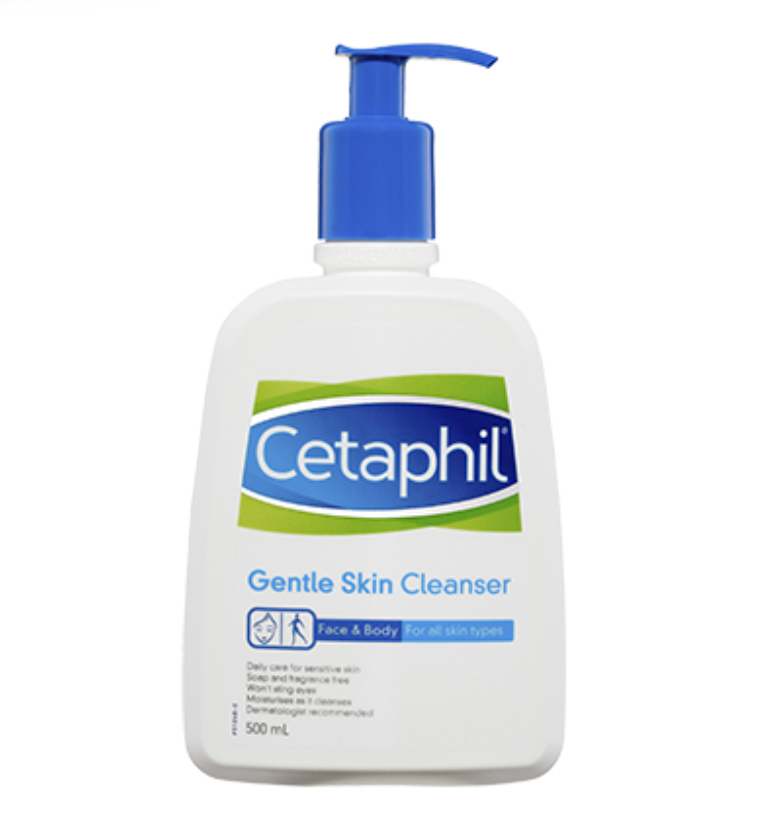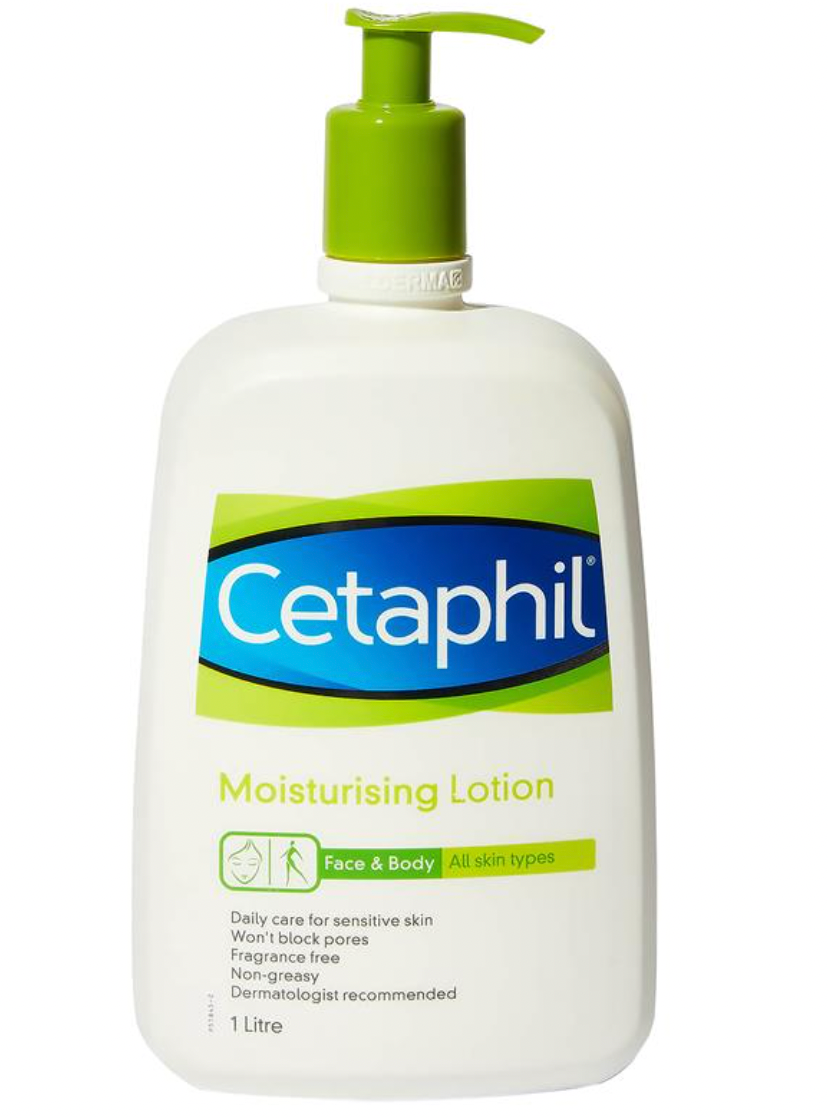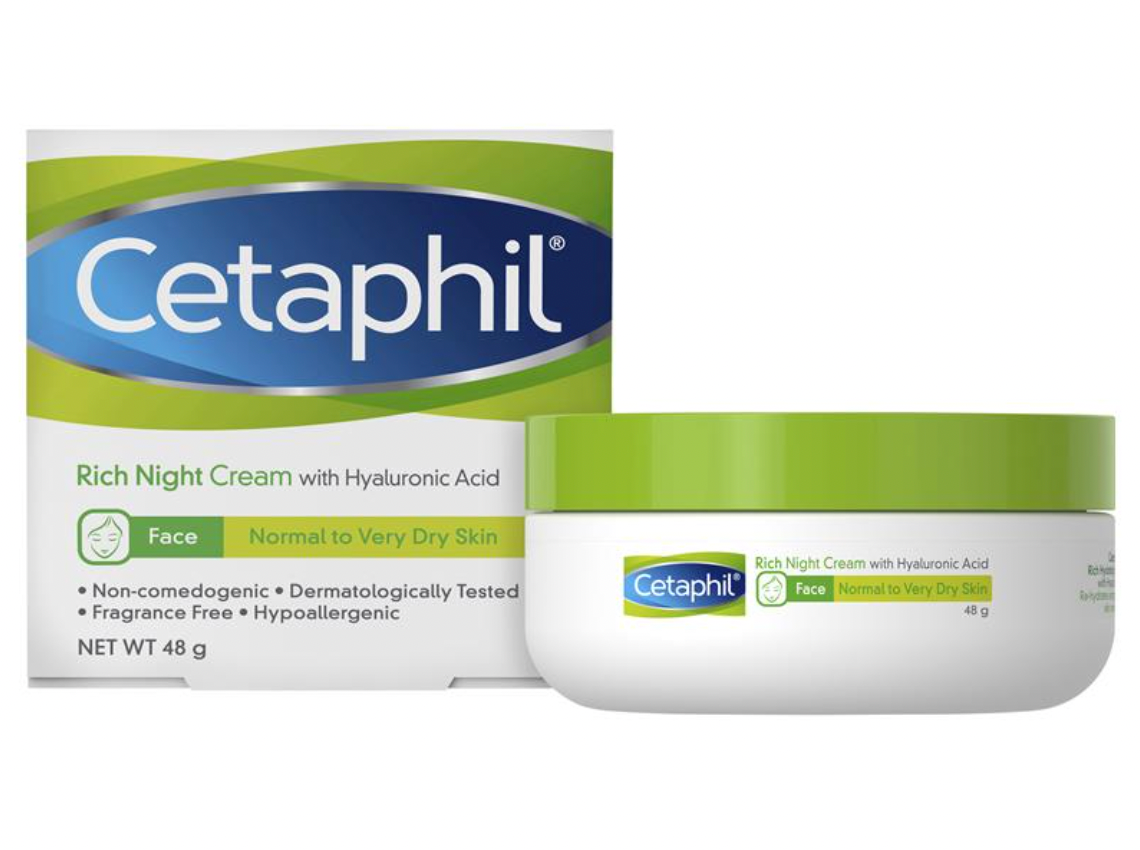The Ingredients That Work Best For Combination Skin
We're all guilty of it — getting caught up in skincare trends that may or may not be beneficial for our skin. Sometimes it's the allure of an aesthetic bottle or the sound of a new ingredient. While it is fun to experiment with different products, it's best to tailor your skincare routine to your skin type.
It can be tricky for those with combination skin to find products that always work, given it sits somewhere in the middle of oily and dry.
To get further insight into how to best care for combo skin, we spoke to Dr Lisa Byrom, a dermatologist at South East Dermatology, Brisbane — here's what she had to say.
AdvertisementADVERTISEMENT
What is combination skin and what causes it?
According to Byrom, combination skin commonly appears as an oily T-zone. For those with combination skin, the forehead, nose and chin generally excrete more oil and experience dry or sensitive skin in areas like the cheeks. Those with combination skin might also experience blackheads, whiteheads and pimples more commonly in the T-zone area.
Byrom noted that hormone changes, genetics and sebum (oil) production are key causes of combination skin. While it's most common in adolescents and teens, adult-onset skin changes can sometimes occur due to diet, genetics or underlying hormone issues.
What skincare ingredients work best for someone with combination skin?
Byrom recommends layering gentle skincare for combination skin to ensure that both the oilier T-zone and sensitive areas receive the right level of care.
"For combination skin, I recommend a gentle wash that is soap-free, followed by a lightweight moisturiser that is gel-based or a lotion. This can be layered with moisture-holding ingredients like topical hyaluronic acid on the dry skin areas (like the cheeks)," suggested Byrom.
She also recommends avoiding irritants like soap, and fragrances which are commonly found in a variety of cosmetics and skincare products – so it's best to seek out something like Cetaphil's Gentle Cleanser, which is formulated without irritants like soap and lanolin to ensure the skin is hydrated and cleansed simultaneously.
“Exfoliants can help remove old skin cells from the skin’s surface,” added Byrom.
AdvertisementADVERTISEMENT
“But if you have sensitive skin you should be especially careful to avoid harsh mechanical exfoliation and choose gentle products that won't affect the upper layer, barrier function of the skin,
"Lightweight formulations such as a gel or lotion is a great go-to daily application."
What are the best ways to protect combination skin in both summer and winter?
Byrom recommends keeping the same skincare regimen year-round for combination skin. However, increasing moisturising for sensitive areas like cheeks over winter can help in the cooler and drier months.
"Layer with lightweight moisturiser and serums containing hyaluronic acid or lipids. Take sensible sun protection measures all year round, not just in Summer" added Byrom.
"The simpler and easier the skincare regimen, the better, as we want to encourage an ongoing, daily routine to keep treatment consistent," added Byrom.
Considering October is Skin Awareness Month, there's never been a better time to learn about your skin. While we're not about 'fixing' problems, we're all about doing what's best for yourself – which is what builds skin confidence and acceptance in the end.
AdvertisementADVERTISEMENT










